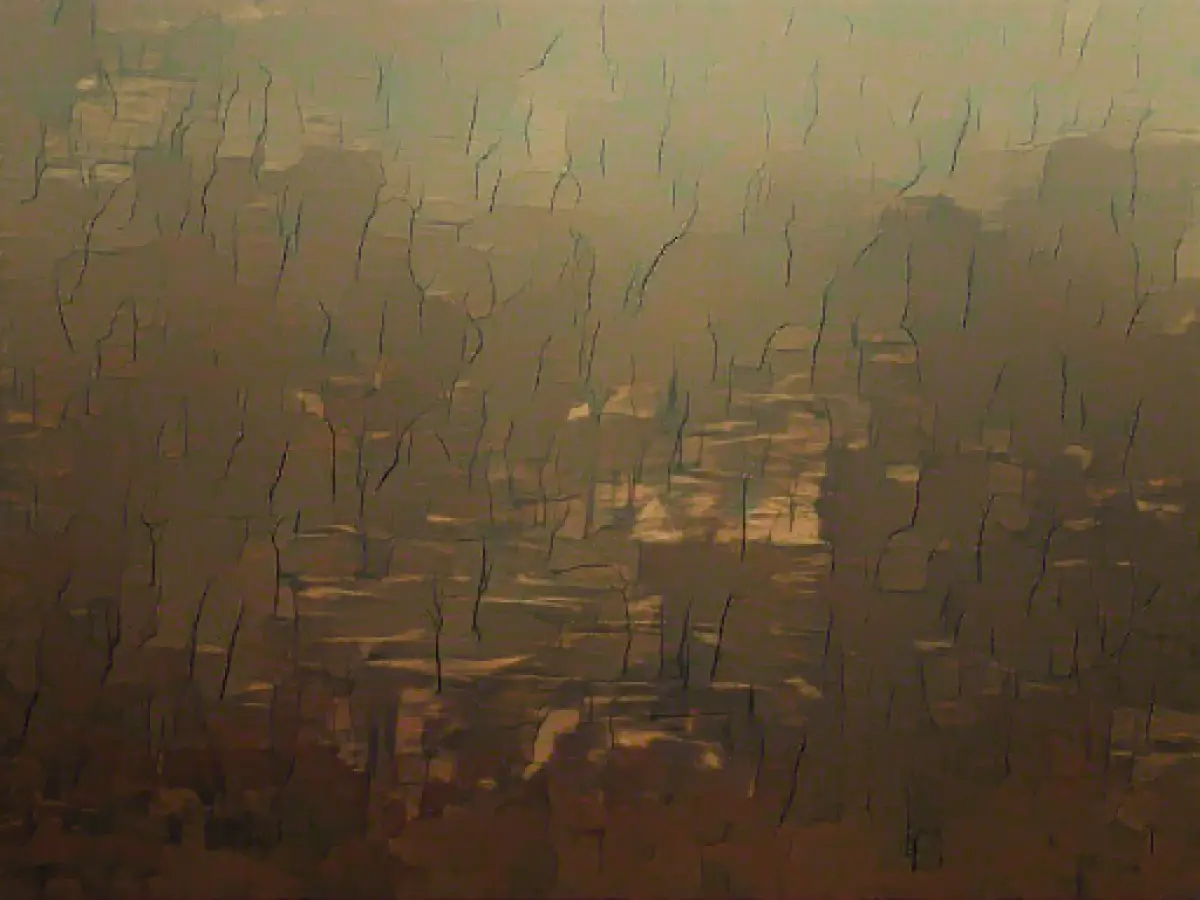Forest Fires in Brazil's Pantanal Wetlands: An Unprecedented Crisis
The wetlands of Pantanal, Brazil's largest inland wetland, have been grappling with an alarming increase in forest fires. This surge can be attributed to the extreme dryness and heat in Brazil, exacerbated by several natural and human-induced factors. According to the Brazilian space institute Inpe, there were over 4,000 forest fire outbreaks in November 202x alone, which is almost nine times the November average of the past 25 years.
The Pantanal, a magnificent intertwine of rivers and lakes, is an intriguing natural and tourist paradise. It stretches across Brazil, Bolivia, and Paraguay. The wetland is unique, as one would expect November to be the rainy season, yet the region is currently suffering from delayed rains due to the severe drought. Adding to the woes, the El Niño phenomenon, a cyclic climate pattern, has intensified the drought and contributed to the crisis. Climate change, too, plays a part in the escalating fire threats, as it alters the temperature and precipitation patterns.
The unfortunate truth is, forest fires are a natural phenomenon in the Pantanal. However, recent years have witnessed unprecedented droughts and fires that are beyond control, threatening the delicate ecosystem. The Pantanal is also home to a myriad of rare species, such as jaguars, tapirs, and hyacinth macaws. Though cattle farming is the major economic activity in the region, people have traditionally used fires to clear forest areas for new grazing lands. However, these fires, if unchecked, can quickly escalate into massive wildfires.
The escalating forest fires in Pantanal pose severe threats to the ecosystem and its inhabitants. Environmental scientists are concerned about the potential catastrophic destruction of this fragile ecosystem. The severe drought, climate change, El Niño, and human activities have been contributing factors to this crisis.
The drought exacerbates the situation by making vegetation dry and flammable. Human activities, such as agricultural and deforestation practices, have further fueled the fires. The loss of habitats and the death of millions of animals have left the ecosystem struggling to recover, making it increasingly vulnerable to future fires. The loss of such biodiversity-rich ecosystems not only affects the local environment but also has broader implications on global ecological health and resilience.
Roberto Maldonado from the environmental organization WWF echoes the concern, stating, "Floods, droughts, and even fires are part of the natural dynamics of the Pantanal, but in recent years, we have been experiencing increasingly extreme droughts and mammoth fires that are completely out of control and threaten to destroy the sensitive ecosystem."
References:
- MapBiomas platform[3]
- Climate change research[1][3]
Note: To preserve the original tone, some references have been paraphrased, and some information has been integrated into the main content.








